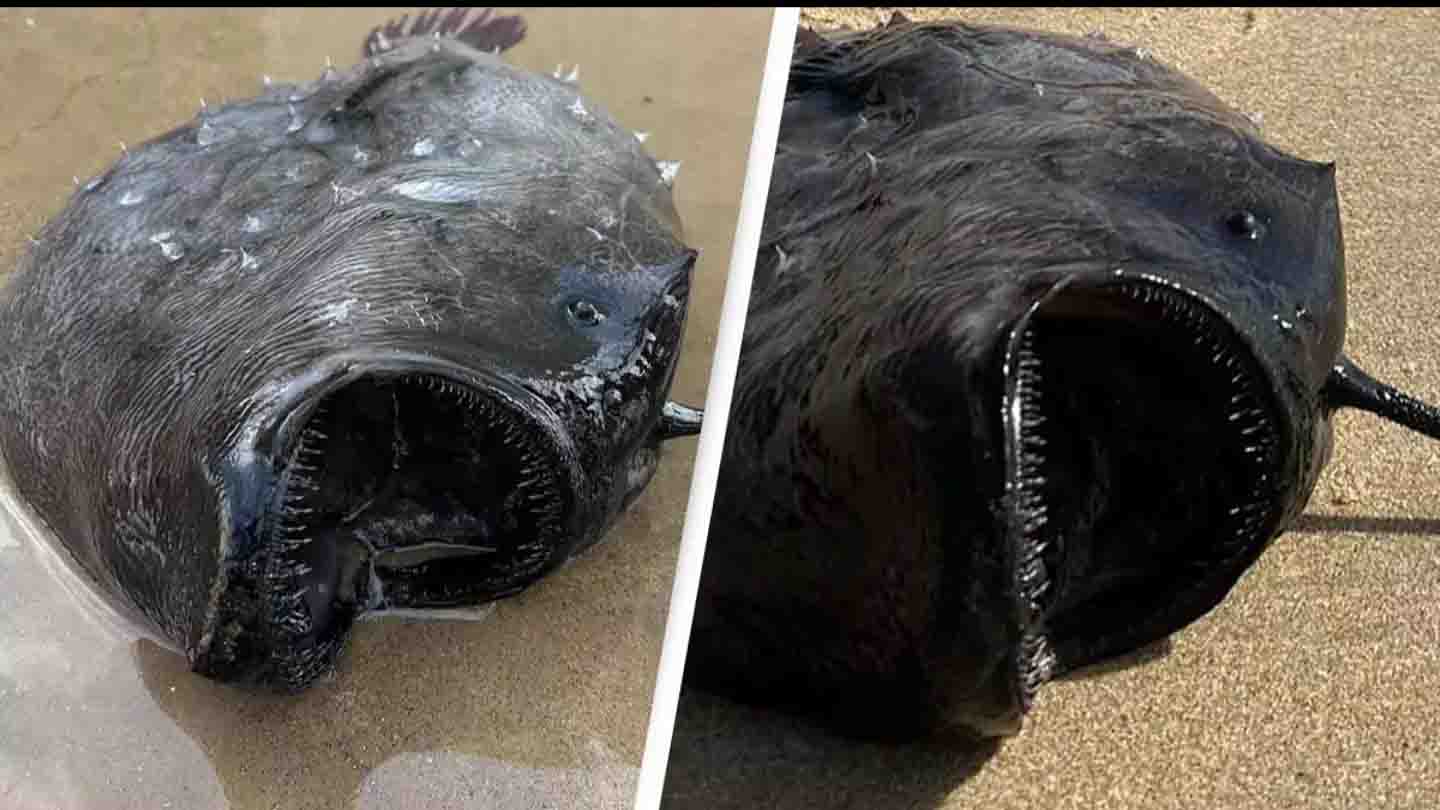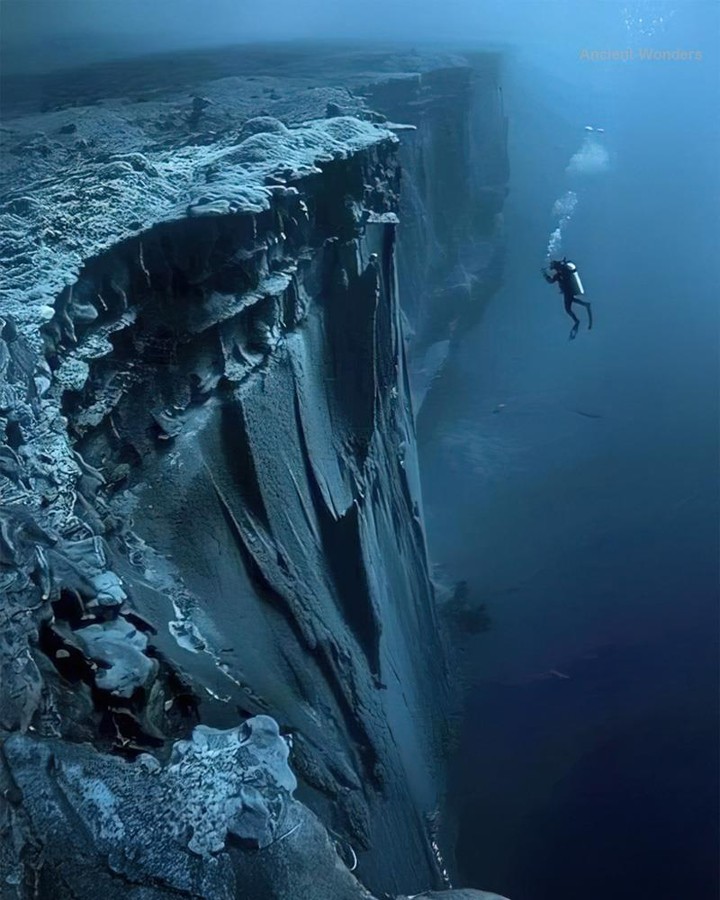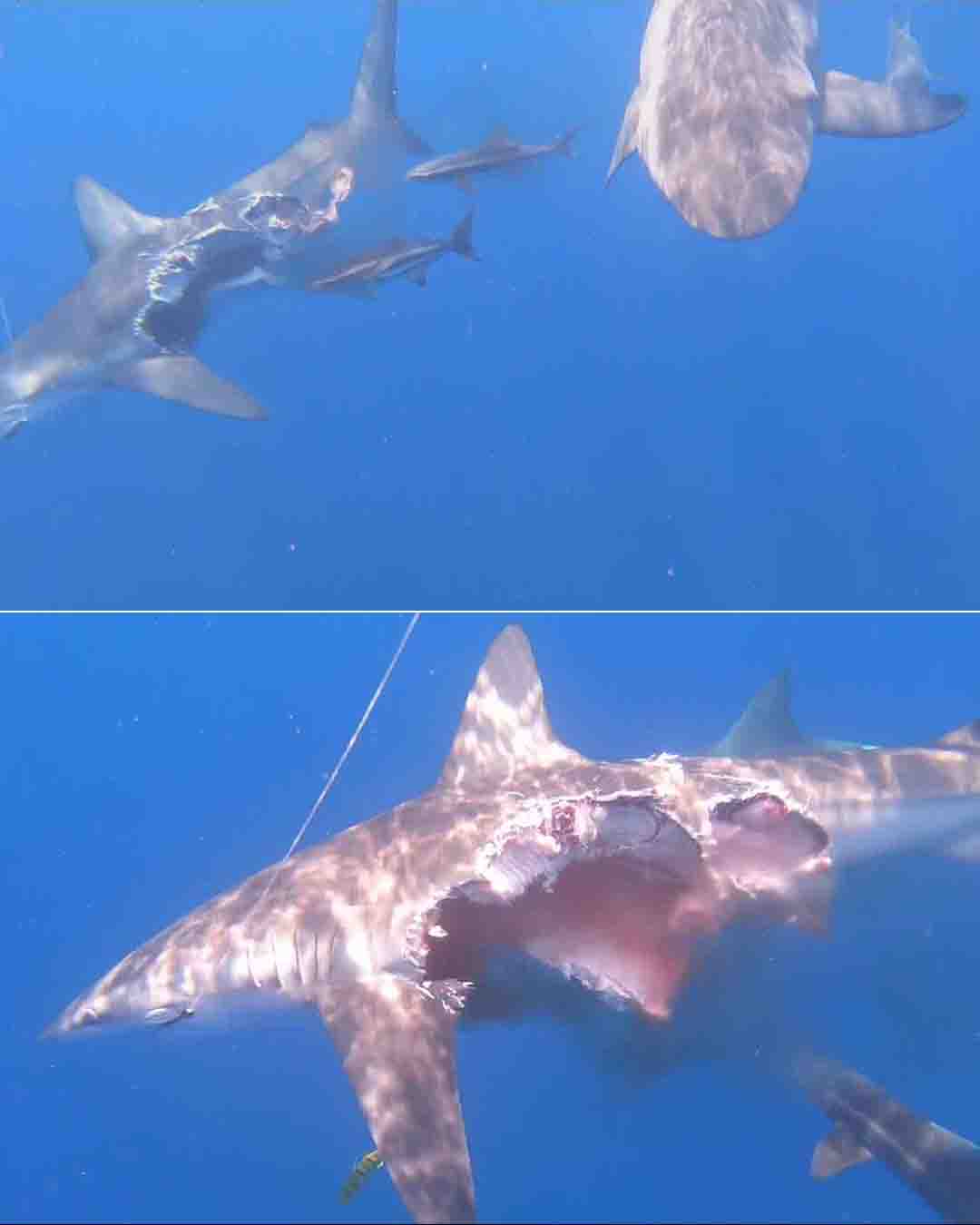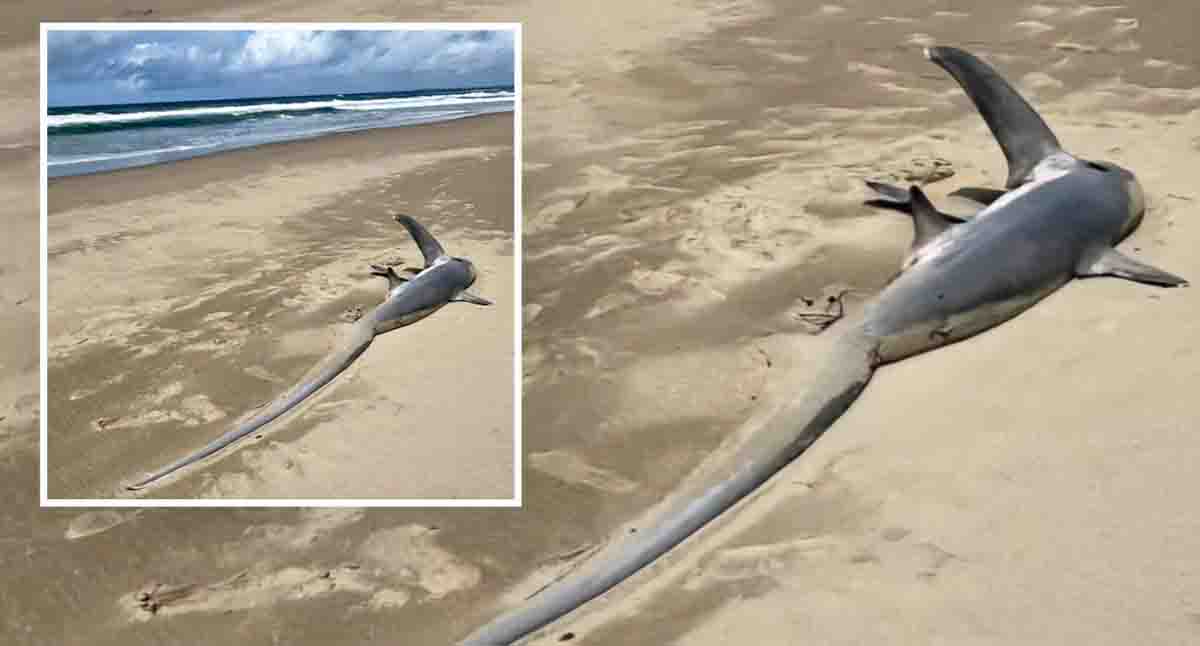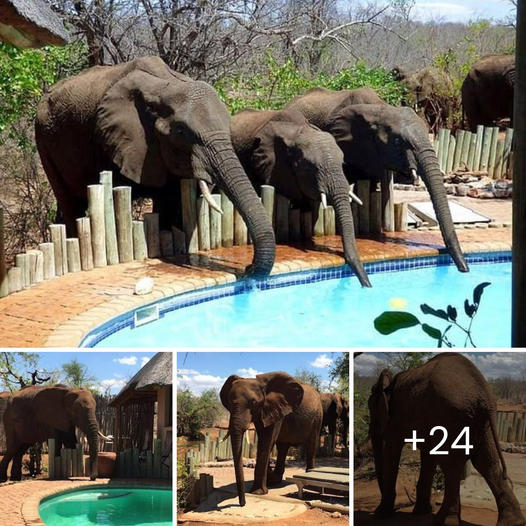It is thought that a group of these sharks could be living off the Welsh coast following occasional sightings of them, although they are often camouflaged on the seabed

One of the world’s rarest sharks has been found washed up on a beach in northwest Wales.
Angel sharks are classed as critically endangered – but sightings over the past few years suggest that a small population is likely to be living off the Welsh coast, including one on an Abersoch beach in Pen Llyn.
Last week, one of these rare sharks was found on Traeth Trwyn Y Fach, near the Warren resort. A picture taken by a passer-by shows the shark may have been dead for some time, however. These flat sharks (Squatina squatina) are often mistaken for skates or rays. Confusingly though, they used to be known across the UK as monkfish until the mid-20th century.

This is an Angel shark ( Image: Getty Images)
The sharks spend most of their time camouflaged on the bottom of the seabed ambushing fish. And although a small number may be living off the coast, reports NorthWalesLive, their numbers have massively declined over the past century.
They used to be abundant across the Atlantic and Mediterranean seas, but after years of habitat disturbance, pollution and incidental catch in fisheries, they are among the rarest shark species in the world. They can grow up to six feet in length and weigh 70lbs, but the one spotted on Abersoch in Gwynedd was significantly smaller, measuring at around three-and-a-half to four feet long.

Elsewhere, earlier this year beachgoers in Hampshire were left stunned after a rare six-foot shark was found washed up on a UK beach for the first time ever. Mum-of-two Alisha Openshaw thought she had rescued the sea creature when she came across it in the shallows of her local beach and dragged it into deeper waters.
Though the 38-year-old said she watched it swim away, the shark was found dead back on the shore. It was since identified as a smalltooth sand tiger shark, a species which is classified as Vulnerable on the Red List of Threatened Species.
